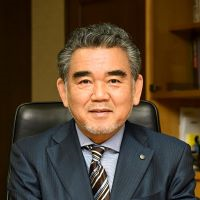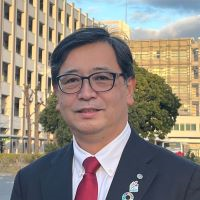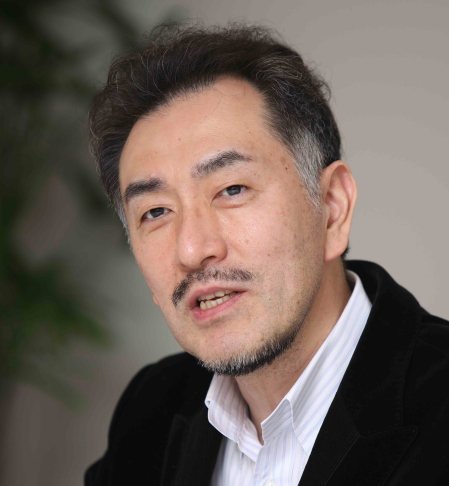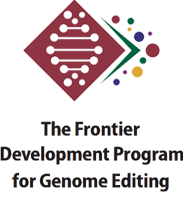 Doctoral Program for World-leading Innovative & Smart Education
Doctoral Program for World-leading Innovative & Smart Education
Message
- Home
- Overview : Message
-

OCHI Mitsuo
Director-General of the program
President of Hiroshima UniversityIn 2019, Hiroshima University(HU) launched the Frontier Development Program for Genome Editing, an integrated Master’s-PhD course, with the aim of training PhD students to introduce innovations to society.
Genome editing is a new biotechnology that makes it possible to rewrite the genomic information of various living organisms at will, using an artificial DNA-cutting enzyme (genome editing tool). Basic genome editing research has advanced considerably. As it is just a matter of time before we see the industrial and medical application of genome editing in the field of biofuel, breeding, and drug discovery, the ethical aspects of genome editing should be considered when scientists conduct cutting-edge R&D in this area of biotechnology.
HU boasts one of the top genome editing research track records in the whole of Japan, with several leading researchers being core members of the Japanese Society for Genome Editing. Furthermore, under the Program of Open Innovation Platform for Industry-academia Co-creation (nicknamed COI-NEXT), led by the Japan Science and Technology Agency (JST), HU is promoting an industry-academia co-creation, which is based on the concept of ‘Bio × Digital Transformation (BioDX).’ The purpose of this collaboration is to maximize biological functions with a view to solving social issues such as new infectious diseases, food supply problems, and difficulty in achieving zero CO2 emissions. In addition to promoting research and development, including human resource development and career path formation through industry-academia co-creation, HU aims to work together with local industry to realize a bioeconomy-oriented society so that it can contribute towards achieving Hiroshima’s Sustainable Development Goals (SDGs).
In our efforts to develop new industries, I hope that new students will join us at HU, which provides a great environment for fostering distinguished PhD students, who will lead the world in genome editing technology. -

TSUGA Kazuhiro
Program Director
Executive Vice President (Community Collaboration, Funding and Alumni Associations)The Frontier Development Program for Genome Editing is based on curricula led by world-class domestic and overseas genome editing researchers. Its purpose is to train specialists who can take the lead in creating new industries in the field of biotechnology.
We have established the five-year Life Science Course to develop new industries and the four-year Medical Course to study diseases and develop genome editing-based therapies and drugs. In these two courses, students will learn the basic and applied knowledge and technology of genome editing. A wide variety of curricula are provided in advanced technologies, including training at the Center for iPS Cell Research and Application, Kyoto University, and at overseas institutes; collaborative research with Tokushima University, which has outstanding research achievements in the agricultural, fisheries, and livestock field; and education by enterprises participating in the Consortium for Industry-University Cooperation in Genome Editing Technology.
Hiroshima University has served as a driving force for advancements in the field of genome editing in Japan, and earned high acclaim. This program is designed to enable students to engage in top-level research activities, taking advantage of the university’s strong track record and network among industry, academia, government and the private sector. I hope that they will play an active role and make a valuable contribution on the global stage by taking action and resolving various social issues, based on what they have learned in this program. -

YAMAMOTO Takashi
Program Coordinator
Professor, Graduate School of Integrated Sciences for LifeGenome editing technology needs to be actively utilized in order for industries to solve fundamental human problems related to food, energy, and diseases. Hiroshima University has led the genome editing field over the years. In 2012, it established the Genome Editing Consortium, and in 2016, the Japanese Society for Genome Editing, centered around Hiroshima University’s researchers.
The global market of genome editing is expected to rapidly grow in many fields, including life science research, the biotechnology industry, breeding of animals and plants, medical care, and drug discovery. The competition to develop these technologies is getting more intense. Thus, Hiroshima University is one of the best places in Japan to learn genome editing because it has served as the domestic base of genome editing research and can collaborate with a wide range of organizations.
Why don’t you join us in advancing genome editing technology?
